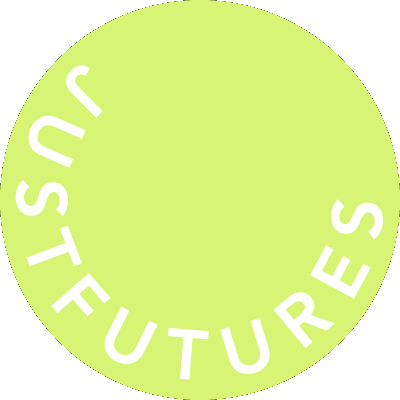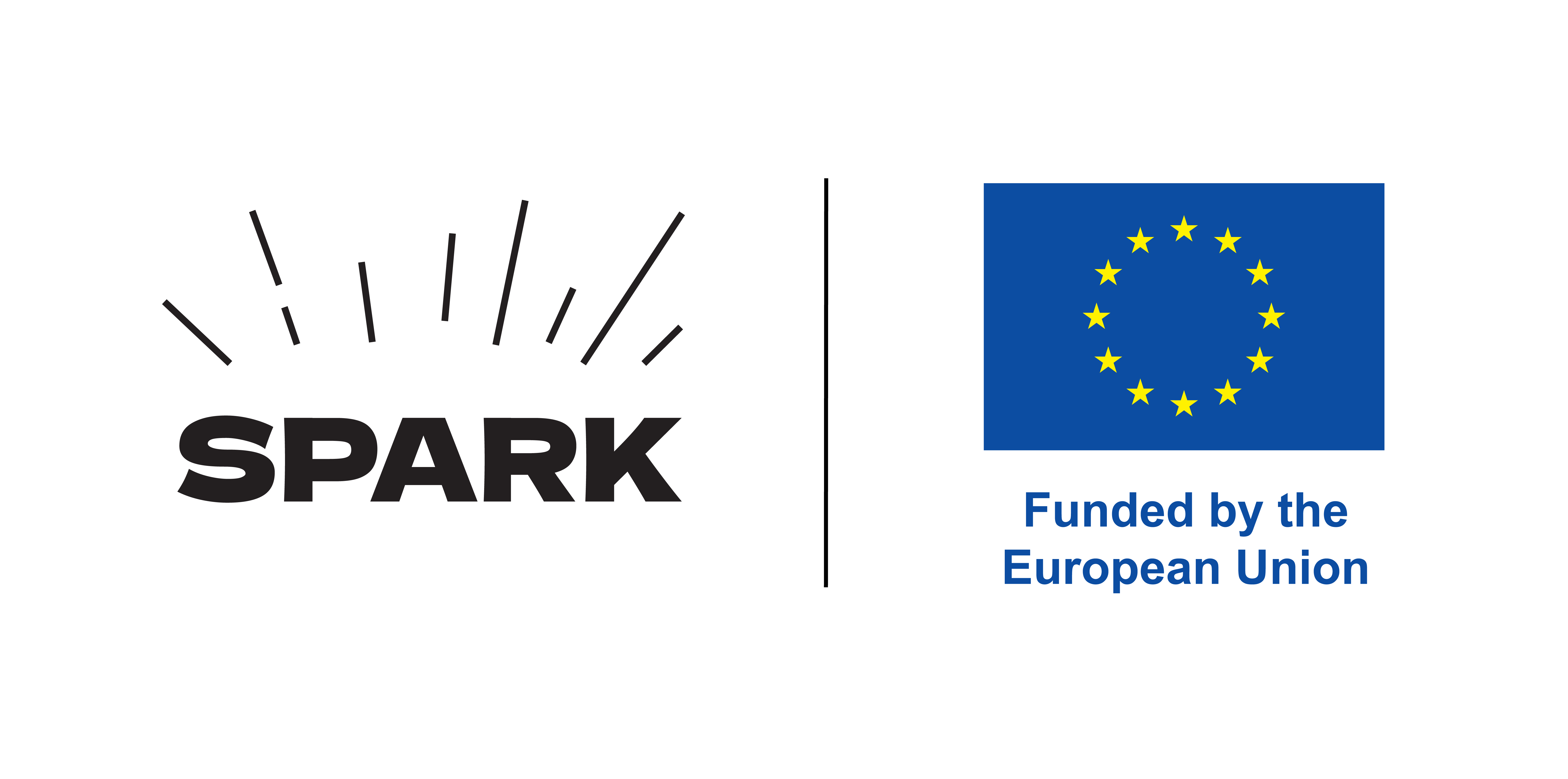Catalonia (Barcelona)
Communities around the world have been experiencing the effects of changes in their environment for decades. LICCI is putting them at the heart of climate research to inform policy and adaptation strategies.
Humans who live in close contact with the natural environment have developed complex knowledge systems that allow them to easily detect the effects that the climate crisis is having on their territories. Yet, Indigenous people and local communities are often overlooked by climate research and policy.
LICCI (Local Indicators of Climate Change Impacts) aims to bring insights from Indigenous and local knowledge to climate research while protecting Indigenous collective rights. With the help of a new citizen science web platform and a global network of over 40 partners, LICCI is developing new people-centred ways to gather data. The goal? Not only contributing to better research but also informing policy that better reflects local realities, and changing the current narratives about human relations with the environment.
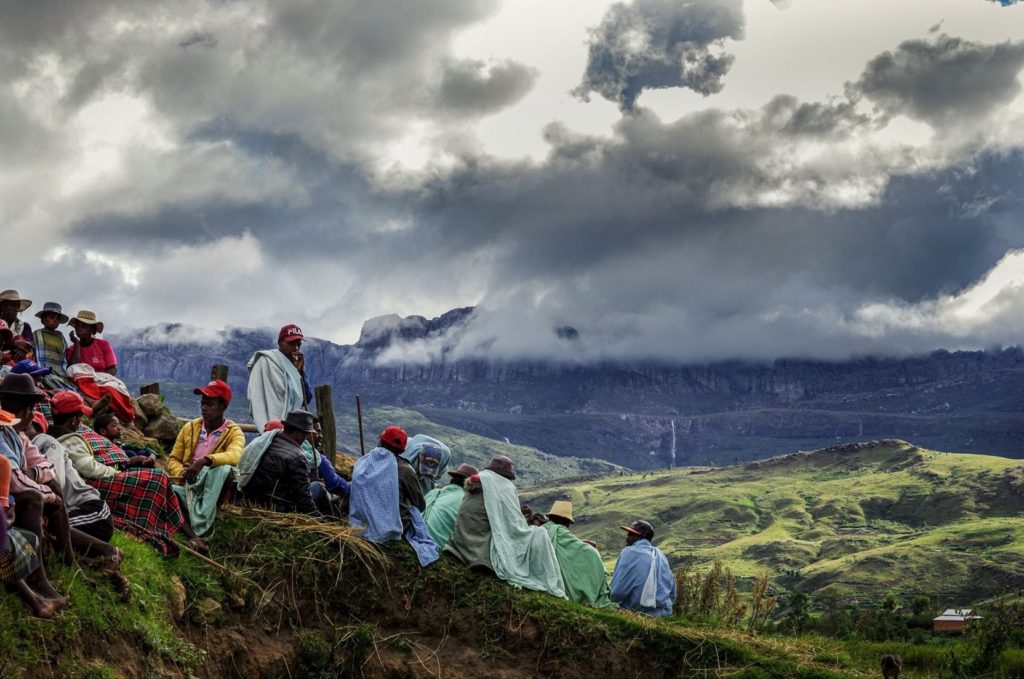
Credit: Vincent Porcher
Victoria Reyes-García is LICCI’s principal investigator and an ICREA Research Professor at the Autonomous University of Barcelona’s Institute of Environmental Science and Technology. She explains that improving the narratives and quality of information on climate change impacts is key to building resilience and effective governance in the face of the climate crisis.
“LICCI envisions a future with more resilient local communities, where voices of Indigenous Peoples and local communities are taken into account in discussions on how we should govern and organise our common earth.”
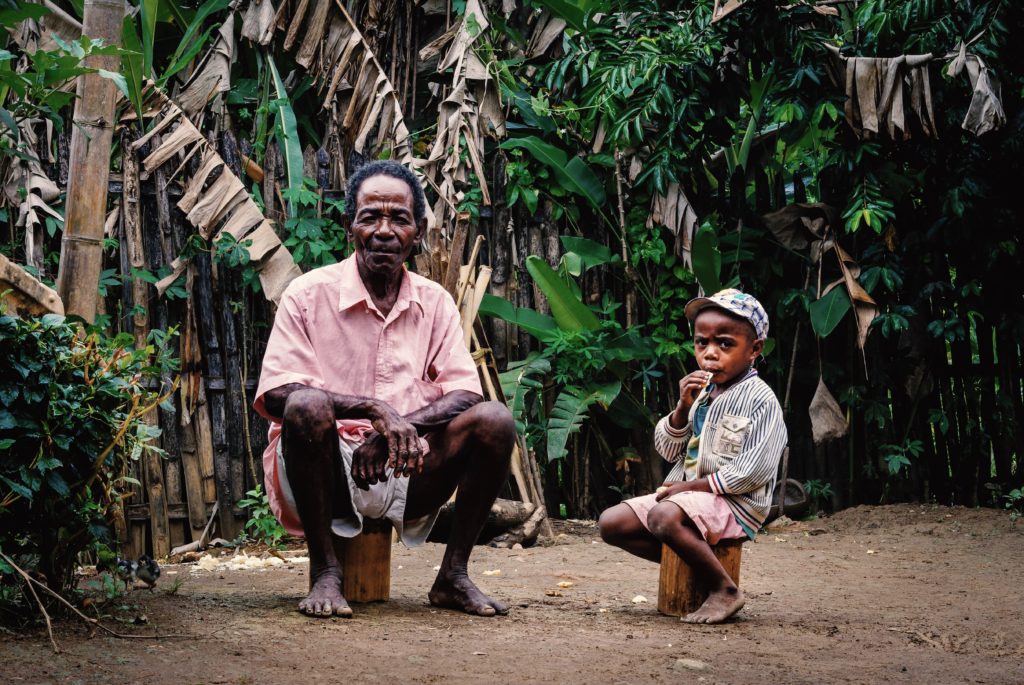
Credit: Vincent Porcher.
Victoria tells us that although “climate change impacts are everywhere”, they mostly get attention when they turn into extreme events, like summer droughts or heavy floods. But there are many other climate change impacts, less visible but more complex, as they interact with already fragile ecosystems and add to the existing socio-economic and political vulnerabilities of many rural populations. Populations that have witnessed slower, subtler changes in the environment for decades.
So how do you keep track of these subtler changes? You ask the people. OpenTEK, created by LICCI team members Ramin Soleymani and Petra Benyei, is LICCI’s citizen science platform that allows anyone to help generate new knowledge on climate change. Wherever you are, if you’re noticing climate-related changes in your environment, you can go online and enter your observations.
It’s not only about rain or temperature — you can explain how your daily activities (from gardening to fishing, cultural practices, and more) are impacted, and log observations on how climate changes are interacting with human-made factors, like deforestation. You’ll be contributing to science, but also ensuring that the knowledge policymakers use is grounded in local realities.
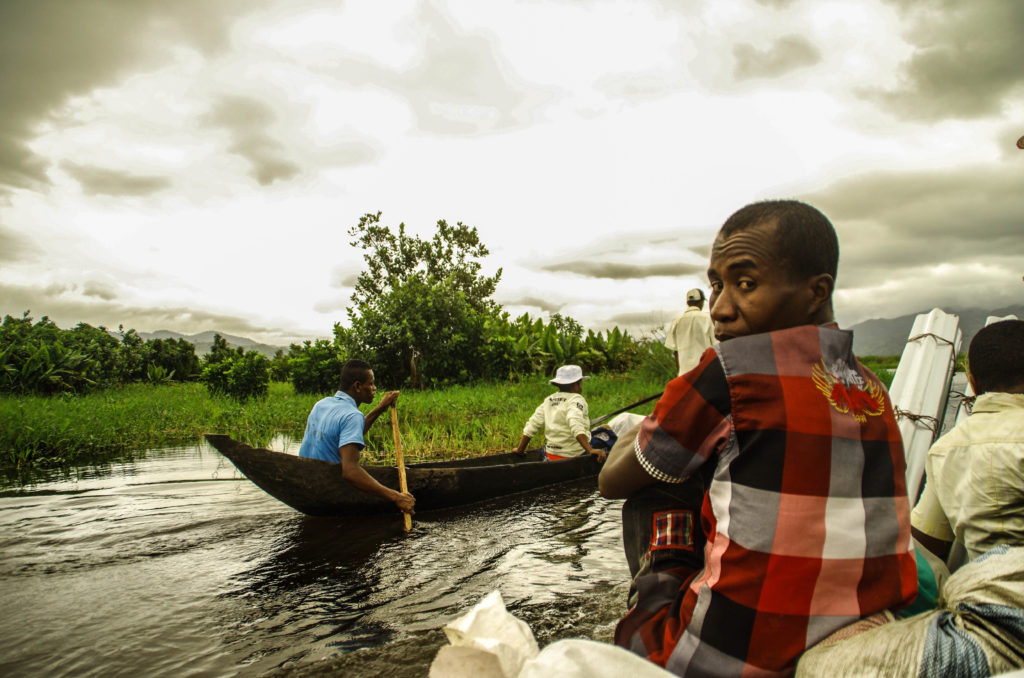
Credit: Vincent Porcher
The more they worked with local communities, the more Victoria and her team realised that climate researchers often miss the bigger picture:
“During our first fieldwork, we realised that for local people climate change is interconnected with all the realities they live, and they do not see a real interest in separating climate change from all the other drivers of change they experience. For them, they are together.”
The need for a shift in focus was clear — climate change, biodiversity loss, and social inequalities are intrinsically linked and climate change impacts often pile up on other environmental factors, such as deforestation, depletion of resources, pollution, lack of access to land and resources, etc. LICCI’s fieldwork and its OpenTEK platform now prioritise a holistic approach, but while recent efforts like the IPBES-IPCC joint report are moving in the right direction, there is still a long way to go.
“In their narratives, and with their own languages, local communities were ahead in pointing at the importance of looking at all the issues together.”
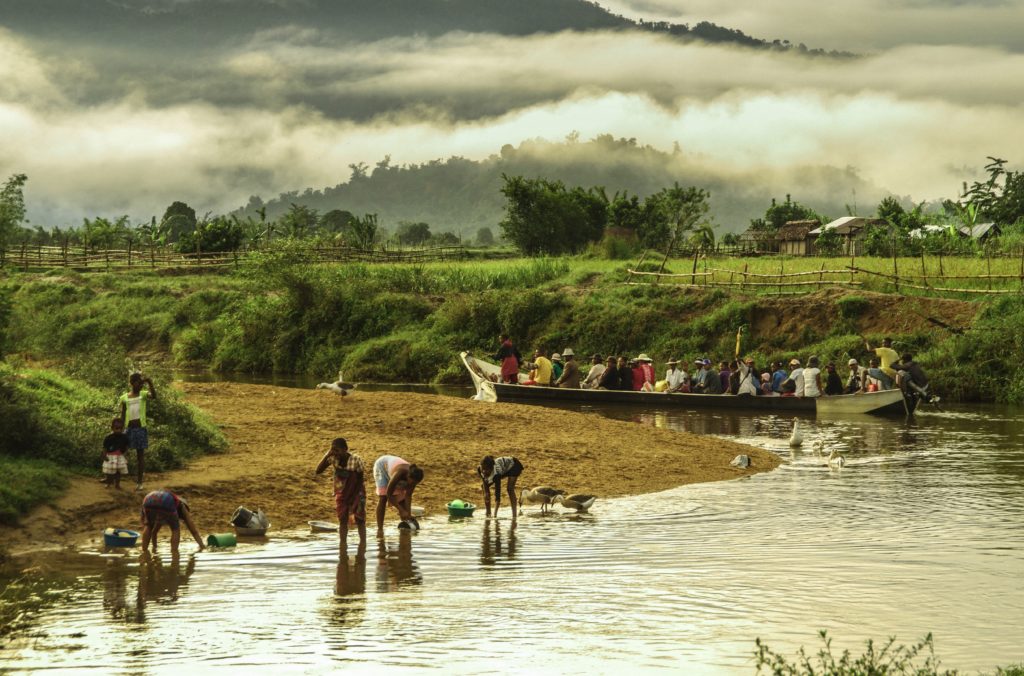
Credit: Vincent Porcher
Victoria also believes that climate research should move away from “utilitarian approaches” to Indigenous and local knowledge and promote instead a “more intentional process of knowledge-sharing, where data collected can contribute to better decisions around climate change impacts for those communities.”
That’s why her team created the LICCI Observation Network (LICCION) programme. LICCION works with communities to co-create context-specific open-source platforms with culturally-relevant questions of local interest. In an effort to respect Indigenous knowledge-sharing protocols, data generated through LICCION isn’t shared with researchers worldwide but rather with the community and a selected number of local organisations in order to guide regional policy-making decisions on climate change.
“In the case of Indigenous Peoples, there are specific collective rights that should be respected. Throughout our process, we hope that the communities can own, manage or at least decide how that data are generated, handled and interpreted.” The team was recently awarded additional funding to develop a toolkit to improve Indigenous data governance mechanisms.
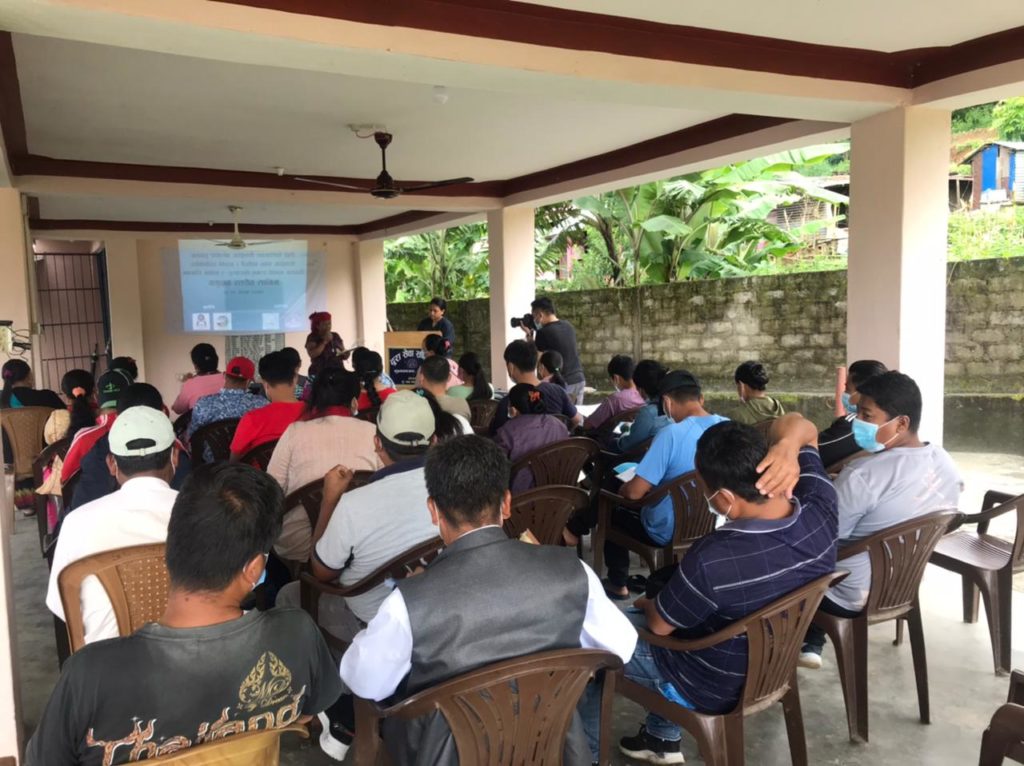
A workshop with local partners for the design of locally-useful platforms. Credit: LICCI
Victoria told us that even though the pandemic made fieldwork extraordinarily challenging, 2022 will be a big year for LICCI:
“We want to disseminate our research results through an edited book, featuring in detail different ways in which climate change is changing the lives and cultures of Indigenous Peoples and local communities, and through global case studies, in which we will try to show how local knowledge can be relevant on global scales.”
AtlasAction: Anyone can become a climate detective. You only need a device that can connect to the internet to log your observations with OpenTEK. Help spread the word about LICCI and OpenTEK with communities and organisations — as Victoria says: “The best support is an engaged citizen concerned about our collective future and ready to do something about it.”
► Fancy a weekly selection of world-changing projects in your inbox? Sign up for AtlasNews.
Project leader
Victoria Reyes- García
Partners
Support the Atlas
We want the Atlas of the Future media platform and our event to be available to everybody, everywhere for free – always. Fancy helping us spread stories of hope and optimism to create a better tomorrow? For those able, we'd be grateful for any donation.
- Please support the Atlas here
- Thank you!
